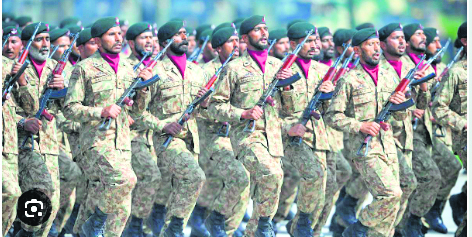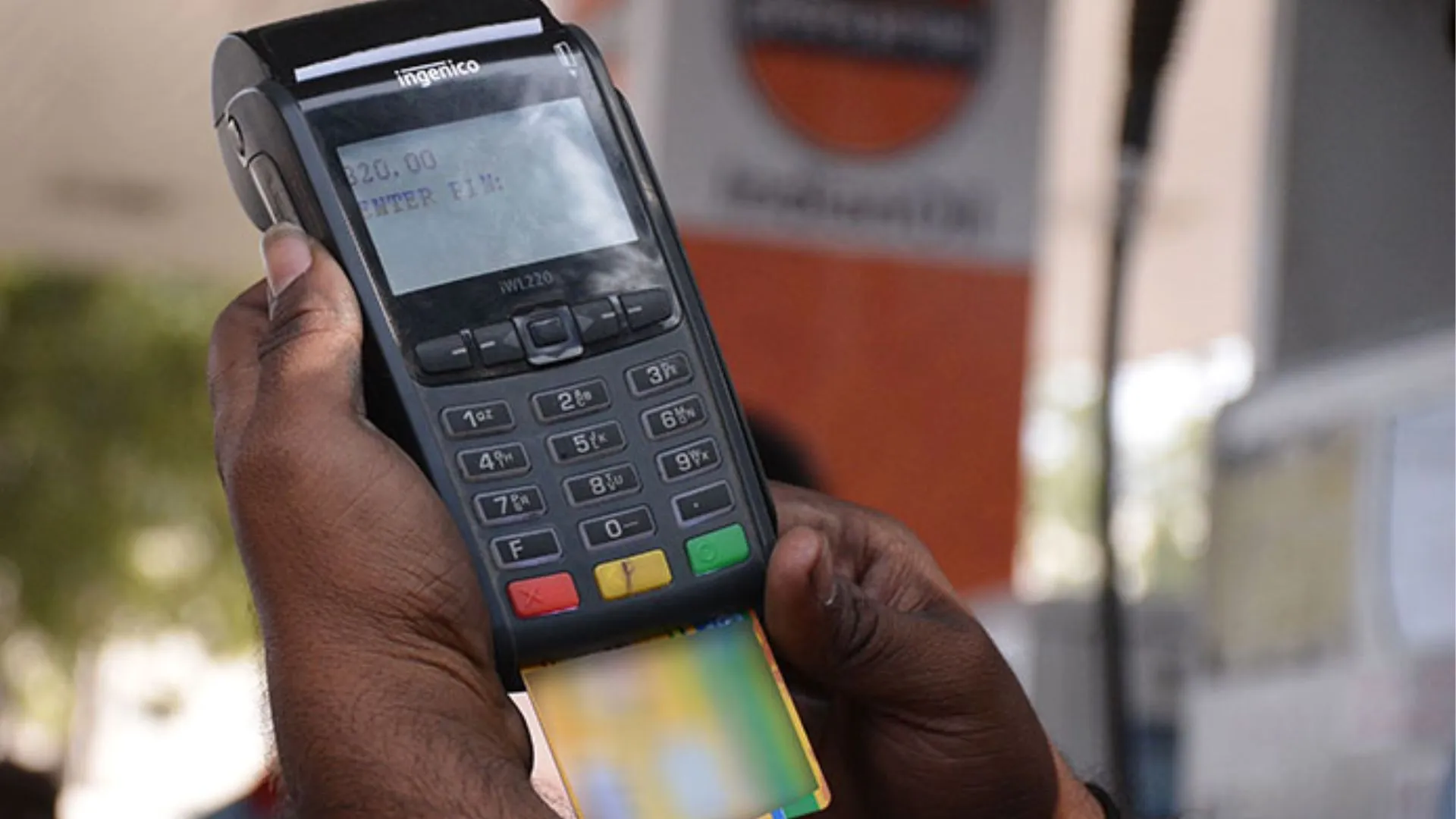Ahead of the February 8 general elections, the powerful Pakistan Army has emerged as the “most trusted institution” with 74 per cent approval ratings in a survey in which the election commission is the least trusted among eight institutions, according to a media report on Friday.
Ipsos Pakistan carried out the ‘Political Participation Landscape of Pakistani Youth’ survey for Voice of America (VOA) in January 2024. “The sample size of the survey was 2,050 respondents. The target respondents were people aged 18-34 from across the country,” The News International newspaper said.
After the Pakistan Army, the second most trusted institution of the country is the Supreme Court with an approval rating of 58 per cent while the media turned out to be the third largest trusted institution.
The powerful Pakistan Army, which has ruled coup-prone Pakistan for more than half of its 75-plus years of existence, has hitherto wielded considerable power in matters of security and foreign policy. Political parties’ approval rating according to the respondents is 50 per cent, the newspaper said.
Incidentally, there was a division on whether the media covers the issues that really matter, a significant 2 in 5 think it doesn’t. “Males and affluent are over-indexed in this sentiment,” the report said. The participants of the survey were asked whether they think any organisation can rig the general elections to which, “2 in 3 young Pakistanis responded that they believe in the fairness of upcoming 2024 elections.”
The participants of the survey were asked whether they believed that any foreign or international influences can positively or negatively affect the performance of the Pakistani government.
“One in 3 participants believes that there is ‘international influence’ on Pakistan,” the report said.
Further, a whopping 75 per cent of the respondents (3 in 4) believe that the next week’s elections will steer the country in the right direction and 2 in 3 respondents expect the elections will be free and fair.
“Moreover, 88 per cent believe that their vote is important,” the report said.
Only 54 per cent of youth replied that they stay informed about politics, candidates, and their manifestos in their constituency whereas only 29 per cent say they support certain politicians and political parties and intend to participate in their rallies and processions.
The respondents were asked whether they would cast their votes in the upcoming general elections on February 8. Some 70 per cent claimed they will.
The survey further reveals that from 2018 to 2024, 1 in 5 have switched their preferred party, 78 per cent claimed they will vote for the same party whereas 22 per cent are intending to switch the preferred party.
The Ipsos survey further revealed that 3 in 5 youngsters in Pakistan think political leaders do not understand their issues or priorities. This sentiment is higher in females, rural as well as in Islamabad.
For the Pakistani youth, TV, social media, and word of mouth are considered the most preferred sources. As per the survey, the female population prefers TV more than males, while males prefer social media for news.
“Interestingly, among the youth, WhatsApp is the most used social media platform, followed by Facebook. Twitter is only 8 per cent. Social media usage has significant gender disparity,” the survey revealed.
When it comes to the issues that matter, according to the survey, economic issues surpass all other issues in salience, whereas education and health are the biggest priorities. Inflation, according to 70 per cent of participants, is the main national issue followed by poverty 59 per cent.
The survey further shows that the highest importance is given to health & education in responses by the youth whereas the military interference in politics is of least importance, the survey findings added.

















